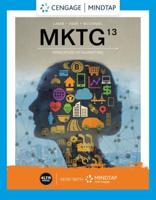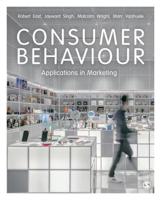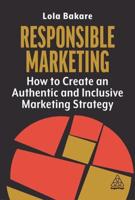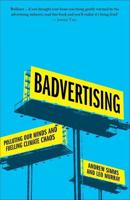Publisher's Synopsis
Research Paper (undergraduate) from the year 2007 in the subject Business economics - Offline Marketing and Online Marketing, grade: 1,5, Fontys University of Applied Sciences Venlo (Fontys University of Applied Science Venlo, the Netherlands), course: International Business and Management Studies, language: English, abstract: "I know who you are, I remember you. I get you to talk to me. And then, because I know something about you, my competitors don't know, I can do something for you my competitors can't do - not for any price." (Newell, 2000) In today's business there is a shift of many companies away from a transactional mindset toward a relational mindset when it comes to dealing with customers. That is because researches proofed that nowadays for many companies profitability depends on the companies ability to develop and maintain long-term relationships with their clients (e.g. Lemon et al., 2002, pp.1-14). In order to gain a competitive edge, companies need to be customer-driven and able to serve their customers needs. Moreover, companies have to deliver a certain added value to exceed customer expectations and build strong relationships. In the traditional market, where face-to-face contact is possible, marketers get to know their clients personally. By personal contact, marketers have the possibility to build a personal relationship with their clients, figure out their needs and finally satisfy their needs by personalized services. As a result, customers are likely to stay with a company and the potential that they become loyal increases. However, the emergence of the internet and e-commerce makes it is very difficult for companies to build long-term relationships with customers. By means of the internet the personal contact to customers is abolished and a reduction of transaction costs is enabled, which in turn creates a new set of customer expectations. Therefore, the potential that customers will switch to the competition rises dramatically compared









